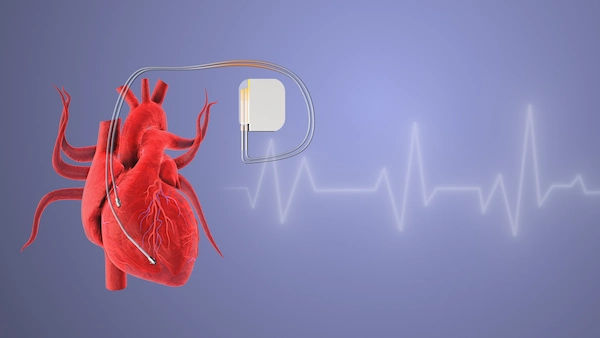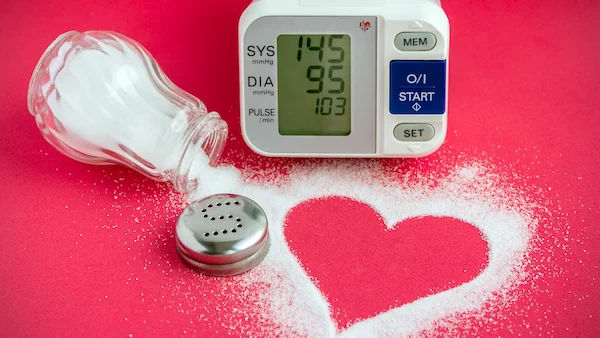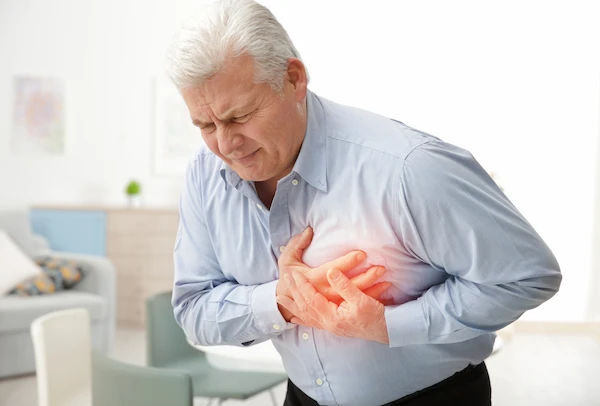- female
- 30 Years
- 20/02/2025
I'm feeling really anxious because my heartbeat keeps increasing suddenly, and I get this chest pain. I had an echo test, and it came back normal. I also did Holter monitoring, which showed my maximum heart rate was 141, the minimum was 59, and the average was 80. What could be going on with me, and what should I do next?
Answered by 1 Apollo Doctors
Your symptoms of increased heartbeat, ghabrahat (anxiety), and chest pain could be due to anxiety or a heart condition. Since your echo and halter monitoring results are normal, it is less likely to be a serious heart issue. To manage your symptoms, you can try taking a beta-blocker medication like Metoprolol (brand name: Lopressor) at a low dose of 25mg once daily. This can help control your heart rate and reduce the feelings of palpitations and chest pain. Additionally, practicing relaxation techniques such as deep breathing exercises, yoga, or meditation can also help alleviate anxiety symptoms. It is important to stay hydrated, get regular exercise, and maintain a healthy diet to support your overall heart health. If your symptoms persist or worsen, it is advisable to follow up with your healthcare provider for further evaluation and management.
Dr. Ibrahim Suggests...
Consult a Cardiologist
Answered 25/07/2025
0
0

More Cardiology Health Queries
View allI'm 50 years old and was diagnosed with mitral valve prolapse at 18, but there's no blood regurgitation according to my echocardiogram. I checked with a doctor about 8 years ago, and they said it's not something to worry about. Should I mention this condition when getting my COVID-19 vaccine?
An ECG report indicating sinus rhythm, normal axis, and T and ST wave abnormalities suggests potential cardiac issues. While not necessarily serious, it requires further evaluation. Consider: Next Steps 1. Consult a cardiologist for interpretation and guidance. 2. Additional tests: Holter monitor, echocardiogram, or stress test. 3. Review medical history and medications.
Answered by 1 Apollo Doctors
My doctor recommended EPSRFA for me but I'm really nervous about it. Is this procedure safe and what kind of complications could happen? I've been stressing over this and need some clarity.
in person dr consultation requred to check physical examination.
Answered by 1 Apollo Doctors
I recently had a fever and decided to get an ECG done. The results showed sinus rhythm with sinus arrhythmia. I went back for another ECG the next day, and it came out normal. Should I be concerned about this fluctuation?
See a specialist for accurate diagnosis and targeted treatment.
Answered by 1 Apollo Doctors
Disclaimer: Answers on Apollo 247 are not intended to replace your doctor advice. Always seek help of a professional doctor in case of an medical emergency or ailment.




